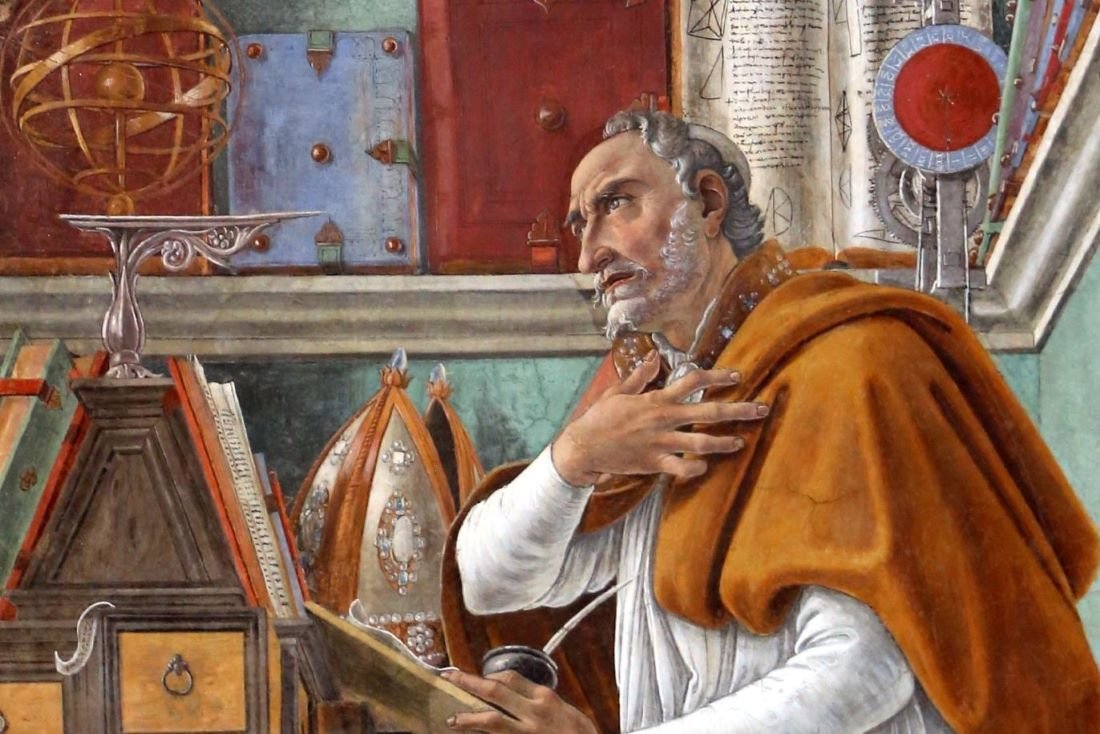When Jonathan Edwards preached his extraordinary sermon, ”The Divine and Supernatural Light,” he based his text on the following passage from the Gospel of Matthew:
A reading from
the holy Gospel according to Matthew16:13-19
When Jesus went into the region of Caesarea Philippi he asked his disciples, “Who do people say that the Son of Man is?” They replied, “Some say John the Baptist, others Elijah, still others Jeremiah or one of the prophets.” He said to them, “But who do you say that I am?” Simon Peter said in reply, “You are the Christ, the Son of the living God.” Jesus said to him in reply, “Blessed are you, Simon son of Jonah. For flesh and blood has not revealed this to you, but my heavenly Father. And so I say to you, you are Peter, and upon this rock I will build my Church, and the gates of the netherworld shall not prevail against it. I will give you the keys to the Kingdom of heaven. Whatever you bind on earth shall be bound in heaven; and whatever you loose on earth shall be loosed in heaven.”
The Gospel of the Lord. “Praise to you Lord Jesus Christ!”
In other words, Edwards argued, as far as I remember, in his beautiful sermon, “The Divine and Supernatural Light,” that only God can give a person this insight. Otherwise the person comes out as an Arian, a person who believes he can save himself with his own “flesh and blood” knowledge: Jesus was a great moral teacher or a great prophet, but not God himself. This insight into Jesus’ real nature is from the Father and is a revelation of the Holy Spirit working within. “You are the Christ, the Son of the living God!” To which Jesus responds, “Blessed are you, Simon son of Jonah. For flesh and blood has not revealed this to you, but my heavenly Father.” Edwards beautifully brings reason to bear on an explanation of the nature of faith and how a person acquires it.
Magnificat’s Meditation for today provides an interesting perspective on Peter:
“Where Peter Is
The Gospels depict Peter as being the individual companion and special friend of Christ. He is one of the three who witnessed the Transfiguration on the Mount and the agony in the Garden of Gethsemane, and on each occasion he was named first (Mk 9:2; Mt 26:37). When Christ wanted to preach to the crowds which pressed around him on the seashore, he took Peter’s boat and preached from it (Lk 5:3). After the sermon, he put out to sea with Peter and took a miraculous haul of fish. Jesus said to him: Do not be afraid; from now on you will be catching men. Why did our Lord address those words to Saint Peter? Surely, all the apostles were to save souls? Peter is to be the leader in the great work of fishing for men….
The actual promise of the primacy is related by Saint Matthew (16:13-19). The text makes it clear that Christ is speaking to Peter alone. He changes to the singular. As Saint Jerome puts it: “Because you said to me, you are the Christ, I say to you, you are Peter.”
Upon this rock: Jesus is promising Peter that he is to be to the Church as a rock is to a building. But a rock gives durability to a building. As a firm foundation it holds all the different components together; it makes them cohere and last. The metaphor of the house built on a rock and the house built on sand was perfectly familiar to the Jews. What is it that makes any society cohere and last? Surely, authority. If there is no proper authority there is no proper social existence. Hence Saint Peter here is promised the authority necessary to keep the Church together and to make it endure. To find the true Church of Christ, you must find the rock upon which it stands. To find the Church, find Peter. “Where Peter is, there is the Church,” Saint Ambrose said. “
Canon Francis J. Ripley
Canon Ripley († 1998) was an English priest, author, and apologist. / From This Is the Faith. © 2002, Thomas A. Nelson, TAN Books, Charlotte, NC (www.tanbooks.com). Used with permission.

